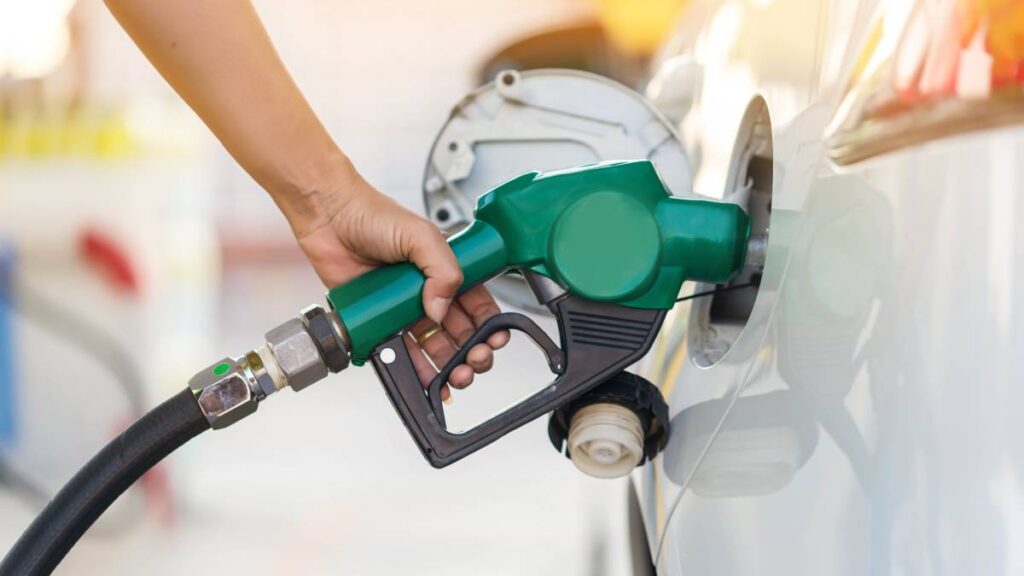In a rare reversal of traditional petrol pricing tactics, prices continue to fall nationally.
According to the NRMA, average regular unleaded prices fell 12.3 cents per litre in metropolitan Sydney this past week and should fall to the mid-180c/L over the next seven days. Across rural and regional NSW regular unleaded fell 1c/L.
The RACV is reporting that the average price in Melbourne is 197c/L, but if they shop around, motorists shouldn’t pay above 193.9c/L.
Melbourne prices peaked at 222c/L on 19 March and have been slowly falling since then.
The Australian Consumer and Competition Commission (ACCC) says petrol prices move up and down in regular patterns in Brisbane, Perth, Adelaide, Melbourne and Sydney.
“This pattern is also known as a petrol price cycle. It is a movement in the retail price from a low point (or trough) to a high point (or peak) to the following low point,” the ACCC says.
“Petrol price cycles do not occur in Canberra, Hobart and Darwin.”
Pricing policies
“Petrol price cycles are the result of the pricing policies of petrol retailers and not from changes in the wholesale cost of fuel.”
However, the ACCC said prices are decreasing and may decrease further, in its latest guidance for motorists in Sydney, Melbourne and Brisbane.
“Motorists looking to buy petrol can shop around for the lowest prices.”
Price apps include myRAA, Petrol Spy, Fuel Price Australia, Motor Mouth and Pumped, which can be downloaded from the App Store or Google Play.
Customers can use the 7-Eleven app to search and lock-in the cheapest price at the closest 7-Eleven stores to their location.
Once the price is locked in, users can redeem the price at any 7-Eleven fuel store in Australia for the next week.
However, 7-Eleven recently announced it would be capping the savings at 25c/L.
Pricing blitz
In South Australia, the state government’s fuel pricing blitz will be keeping an eye on tourism hotspots to enforce petrol price reporting rules.
The SA consumer watchdog Consumer and Business Services (CBS) has been saving motorists money for two years under the scheme. The program requires fuel retailers to report their prices to a central database within 30 minutes of changing the price at the pump.
Since the start of the fuel pricing information scheme in March 2021, CBS has conducted almost 1500 inspections of petrol stations and received more than 1300 complaints about potential breaches of the scheme.
Inspection locations include the Clare Valley, Flinders Ranges, Barossa Valley and metropolitan Adelaide.
Approximately 250 complaints and inspections have resulted in warning letters, and CBS has issued 18 fines for unregistered price rises.
Station operators face expiations of $550 or fines in court of up to $10,000, especially if they have ignored previous warnings.
Do you check petrol cycles? Why not share your tactics to get the best prices in the comments section below?
Also read: Essential Easter road trips

